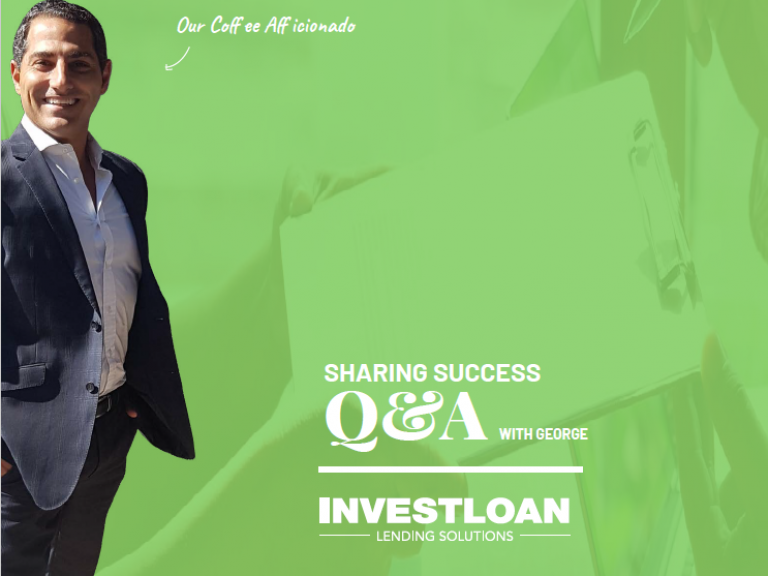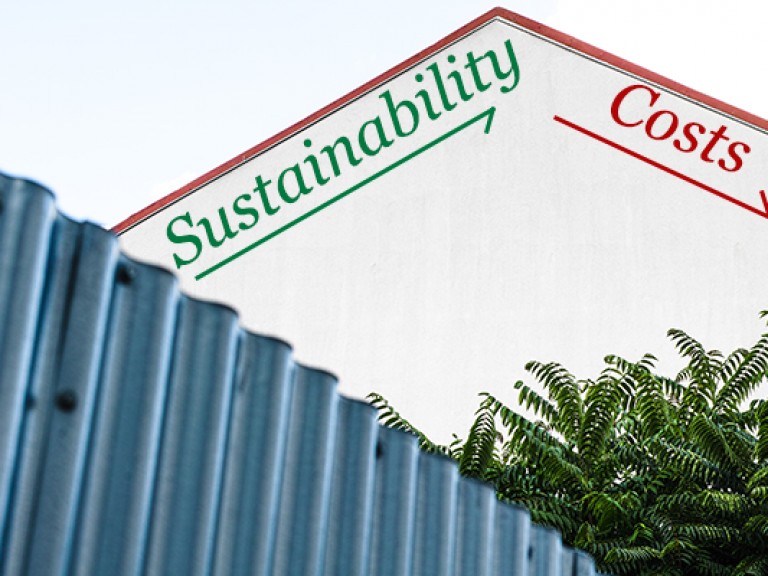Thousands of people come to hear me speak each year. Without exception they say that they want financial security and independence – and more. Without exception they agree that they need to take action and do something for themselves. And maybe one in ten does something about it.
What stops people from starting? Let’s look at a few reasons I’ve heard. Tick any that apply to you and take the counter-arguments onboard. You can come back and look at this again if you find yourself stalled at any point in the program

I still don’t know enough!
The jargon and details in real estate can seem overwhelming. There are plenty of so called experts out there who’ll try to convince you that you know nothing and shouldn’t be thinking of investing until you know everything. Wrong!
I know some completely uneducated property investors who have made millions of dollars. How? They bought property – and waited. That’s about it. The safety net in property investment is that you really only need to look for two things: capital growth (so that your property increases in value) and cash flow (so that your income from the property balances your expenses on it). We’ll be covering it all in this program, but if you’re not sure at this stage that you’ll be up to it ‘academically’, remember capital growth and cash flow. That’s enough to start with.
It all feels a bit uncomfortable
It will to start with. You’re going into new territory. And it’s possible you might make a fool of yourself when you walk into a real estate office and ask to talk to them about listings of investment properties. But don’t worry about it. I made an idiot of myself plenty of times when I was starting out. The fact is, it doesn’t stop people dealing with you. If you put your hand up and say, ‘I’m a property investor’, people will want to talk to you. If all you do is listen for a while, you’ll be moving forward.
I’m afraid I’ll make mistakes
Well, you might. In this program, you’ll be doing your homework. You’ll be guided by action checklists and you’ll formulate sensible exit strategies. You won’t be encouraged to invest until you genuinely feel secure with the level of risk. So there won’t be anything you can’t deal with and learn from. Your main mistakes will probably be in handling agents and negotiating deals for the first time. Worst case scenario? You just walk away. There’s always another deal around the corner. But remember the impala.
I didn’t feel I was getting anywhere
The Chinese philosopher Lao Tzu said, ‘The journey of a thousand miles begins with one step.’ Each step on your success journey – not just the first – is moving you forward. If you keep going, you’ll find you get into a rhythm and you’ll build up momentum. At the start, progress may seem slow, but you’re moving in the direction you want you go.
I just never seemed to get around to it
Okay, perhaps you’re really busy. Perhaps you don’t spend hours a week watching television, or sitting waiting for trains or appointments. Perhaps you have other priorities.
When you’re ready to choose success, you’ll find 2–3 hours per week to spend on your development and your future.
In my experience, though, excuses like this are a cop out and a cover up. When you take the first steps on a long journey, as you head towards the outer edges of your comfort zone, funny things happen. Confronted with the unknown, your mind can conjure up all kinds of fears, downsides, what-ifs, perhaps-I’d-better-nots and general excuses for slowing down and stopping – or never starting. Remember the impala.
Standing still isn’t an option. In financial terms, if you stand still, you go backwards and your financial future passes you by. Let’s look at some of the thinking that might sabotage your wealth building.

Know your enemies
I don’t have any start-up money
This isn’t an excuse to be passive – it’s an opportunity to be creative. Most people become wealthy using other people’s money! Look at the public companies, the great start-ups: McDonald's, KFC, Ford, Microsoft, Apple Mac and Dell companies. They all started with and idea and a business plan. The money followed and it can for you too.
I don’t have the education
In my experience, this can be an advantage. After coaching thousands of people, I’ve found that tertiary-educated people and professionals (solicitors, accountants and the like) have been trained to be very ‘left-brained’, that is, they get bogged down in the detail and miss the big picture. They focus on eliminating all the risk rather than making creative deals. Or they get ‘analysis paralysis’ and end up doing nothing. Back yourself – if only as far as it takes to give it a fair go.
I don’t need to build wealth
Because you’ve got your superannuation? Some savings? Some shares? Sorry, but that’s not how it works. More than 90 per cent of Australians will retire on an income below the median wage. To retire on an income of just over $60,000 per annum, you actually need around $3 million in assets and to own your own home (in today’s dollars). What’s your plan to build up those kinds of assets by the time you retire?
I’m not comfortable being materialistic
You don’t have to be. Creating and building wealth is about financial responsibility. Today, there are less than six taxpayers per pensioner, and if demographic trends continue, within 20 years, there will be less than one taxpayer per pensioner. Wouldn’t you like to take yourself out of that set of statistics? Creating and building wealth also empowers us to give something back to our community.
Helping children at risk by funding the Toogoolawa schools has been one of the most personally rewarding ‘investments’ I’ve ever made. What causes are you passionate about that could do with some extra funding or business skills? I guarantee you won’t have to look far. The Afterword to this workbook looks further at this idea of finding personal development, purpose and fulfilment through the wealth building journey. Your wealth building activity must match your core values and relationships. We’ll work on that.
I’m sceptical
Good! Another advantage. You ask the tough questions that will prepare and protect you as you pursue your goals. In this program, that’s fine: in fact, it’s actively encouraged. There are sharks out there so you’re right to be wary. But there’s a fine line between being sceptical and being cynical. If you don’t think it can be done, or you can’t see any point doing it, then you have a problem. All I can say is: there are sharks out there but you won’t get anywhere unless you put a toe in the water.
My family/friends/colleagues will rib me
Yes, you’ll set yourself apart from the majority of people who don’t set goals, don’t take risks and retire on the poverty line. You may need to redefine your relationships with some people as you pursue goals which may be beyond their expectations. It’s up to you to decide what’s more important, and what your peers have a right to demand of you.
I’m worried about debt
Yes, debt is that four-letter word our parents and grandparents told us to be most wary of. But there’s positive debt and negative debt. Negative debt is borrowing to buy assets that decrease in value (like cars, furniture and personal items). Nobody’s recommending that. Positive debt is borrowing to buy assets that grow in value (like property). Positive debt is much safer and more sensible, especially if you make sure that you have cash flow to service that debt. That’s what we’ll be recommending.
I’m worried about scams
Yes, they’re out there. But this program is precisely about giving you the knowledge, skills and tools to see through them: to obtain independent information; to choose advisers wisely; to carry out risk assessments; and to make informed decisions. I’m asking you to trust me that you can do this: I’m not asking you to follow anyone blindly – not even me!
My personal life is difficult at the moment
Sorry, another positive advantage! Often there’s no better time to refocus than when your comfort zone has been shaken up and you’re motivated to make changes. You won’t be rushing into anything and you’ll be learning skills you can use to control your life better, not just your financial position.
I’m just not a successful person
Sorry, I’m not buying this one. In my experience, there’s no such thing as an unsuccessful person, although there are plenty of people who use unsuccessful strategies for living and building wealth. We’ll look at some unproductive strategies in Session 1.2 because you can change your strategies. The difference between a ‘successful person’ and a ‘failure’ is that the successful person doesn’t give up.
Something has to ‘happen’ before I can motivate myself
If this is true for you, you may be operating from a reactive strategy. You’ll need to change that, to begin to look for opportunity rather than waiting for it to knock. You can.
>>> Coming Next: Successful Mindset
Please note: This is an extract from the Success From Scratch – it may not contain the exercises from the full version of the book/audio set, for full version please contact us or follow our blog for more.
Thank you,
The team@Custodian








